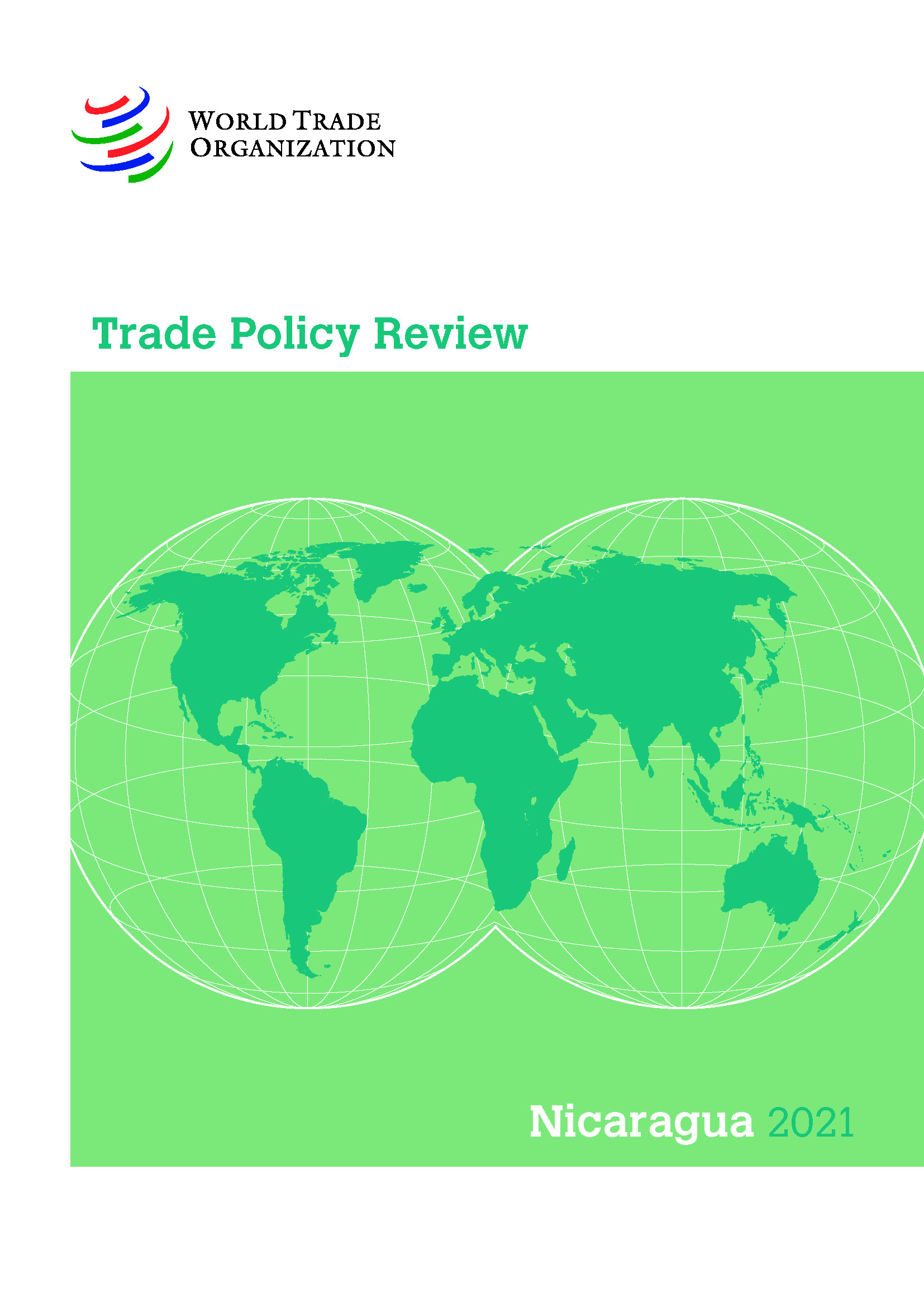Report by the WTO Secretariat

- By: World Trade Organization
- Source: Trade Policy Review: Nicaragua 2021 , pp 11-82
- Publication Date: January 2021
- DOI: https://doi.org/10.30875/9789287050915c004
- Language: English
This fourth Trade Policy Review of Nicaragua covers the period 2012-20. In recent years, the potential growth of the Nicaraguan economy increased by half a percentage point according to International Monetary Fund (IMF) estimates, thanks to significant infrastructure improvements, especially to transport, telecommunications and the electricity supply. This additional potential growth contributed to average annual real GDP growth of 4.7% between 2013 and 2017. Nevertheless, the Nicaraguan economy has been severely affected by the political and social crisis that began in April 2018 in connection with reforms to the social security system. The crisis has led to job losses and a fall in consumer and business confidence, which, combined with international financial sanctions, caused real GDP to fall by 3.9% in 2018 and 4.0% in 2019. For 2020 and 2021, the IMF estimates that the growth rates for real GDP will be -5.5% and -0.5% respectively, essentially as a result of the effects of the COVID-19 pandemic.
-
From This Site
/content/books/9789287050915c004dcterms_subject,pub_countryId-contentType:WorkingPaperSeries -contentType:Periodical -contentType:BookSeries -contentType:ReportSeries105


